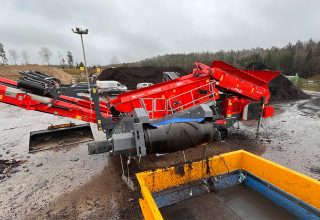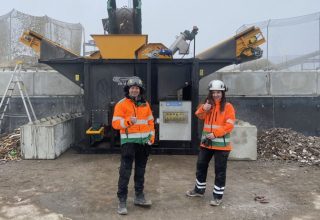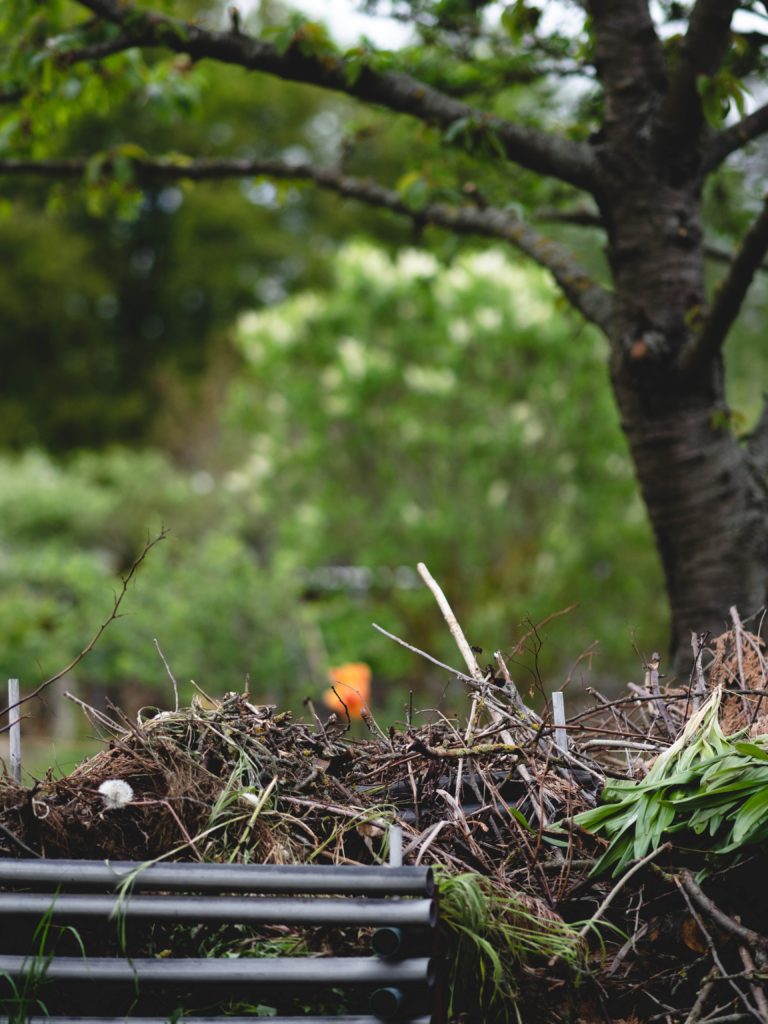Our methods and the growing interest in biochar production enable better use of biomass. With a sustainable and economically beneficial use of organic waste, we contribute to the reduction of climate emissions, promote local economy and sustainability, and open the door to innovation in the field.
Norditek's method for pretreating materials for biochar production enables several things(the method is described here).
- Minimized Climate Emissions: Biochar production reduces climate emissions by preventing carbon from biomass from re-entering the atmosphere as greenhouse gases. In addition, biochar replaces other fossil fuels, further reducing emissions.
- Sustainable Energy and Recycling: Biochar can be used as a renewable energy source, either through direct combustion or by producing pyrolysis oil for biofuels. At the same time, biochar can be used as a soil conditioner, which improves growing conditions, reduces the need for irrigation and cleans storm water from unwanted substances.
- Local Cycle and Economic Benefit: Creating local cycles where waste from parks and gardens is converted into biochar that is returned to the soil promotes sustainability at the local level. In addition, biochar production creates economic value and can potentially reduce waste management costs for residents.
- Opportunities for Industrial Applications: Biochar has many uses including in the construction industry (mixing with concrete to create climate neutral building material), animal husbandry (reduction of methane gas emissions in ruminant animals) and biogas production (improved fertilizer production).
Biochar binds carbon from organic matter and prevents it from returning to the atmosphere in the form of carbon dioxide and other greenhouse gases. This helps to reduce climate change by storing carbon in the long term. Better use of biomass reduces the need to burn the waste for heat only, and instead creates products with more uses.
- Soil improvement: Biochar is widely used as a soil improver. Its porous structure increases soil water holding capacity, improves air permeability and promotes microbial activity, resulting in more fertile and nutritious soil. It can also reduce the need for artificial fertilizers and irrigation water.
- Water treatment: Biochar can be used to purify water by adsorbing pollutants and heavy metals from water beds. This makes it useful in water treatment processes and as a method to reduce pollution in stormwater.
- Energy and fuel: Biochar can be used as a solid fuel or converted into pyrolysis oil, which in turn can be used as a renewable energy source or as a raw material for biofuels.
- Building materials: Biochar can be used as a component in building materials, such as concrete or mortar, to improve their durability and insulating properties.
- Agriculture: Biochar is used in agriculture to improve soil quality, increase yields and reduce the need for artificial fertilizers.
In conclusion, biochar is a versatile product that has positive environmental and soil improvement properties and is used in various industries to promote sustainability and reduce environmental impact. Contact Norditek for more information on how you can pre-treat your material for more efficient biochar production.




